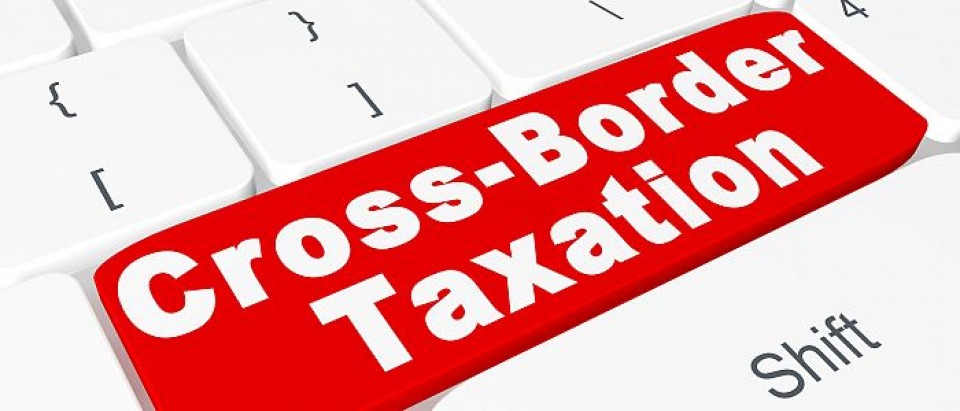Inland Revenue signals their attention to offshore employers with New Zealand-based employees
With the current global pandemic more and more kiwis are returning home and continuing to work for their offshore employer. Inland Revenue is aware of this and has been releasing various policy statements to assist the returning kiwis with their NZ tax position. The latest is a draft operational statement ED0223 regarding “Non-resident employer’s obligations to deduct PAYE, FBT and ESCT in cross-border employment situations”.
This statement is set to clarify the approach to take with regards to a non-resident employers’ obligations to deduct PAYE, FBT and ESCT. What is often unknown, or misunderstood, is that a non-resident employer has an obligation to withhold PAYE from a PAYE income payment made to an employee where the employer has made themselves subject to New Zealand tax law by having a sufficient presence in New Zealand; and the services performed by the employee are properly attributable to the employer’s presence in New Zealand.
A non-resident employer may also have FBT and ESCT liability for a benefit provided to, or a contribution made for, an employee where the employer has made themselves subject to New Zealand tax law by having a sufficient presence in New Zealand; and the services performed by the employee are properly attributable to the employer’s presence in New Zealand.
I find a lot of people in this situation are blissfully unaware that their presence in New Zealand can cause their offshore employer to have a sufficient present in New Zealand to make the offshore employer subject to New Zealand tax law. This is often the case even if the employer does not contract with New Zealand customers, and their business is unchanged from when the employee was working outside of New Zealand.
The fact the employee is now based in New Zealand can, in some circumstances, create a permanent establishment (PE) in New Zealand for the offshore company. A PE is a tax term and is not necessarily the moving of a part of the business to the New Zealand market. Determining whether a PE has been created is not straight-forward and is dependent on the specific facts of each case.
I have previously seen offshore companies unknowingly create a New Zealand PE when one key staff member relocates to New Zealand and continues to work for that company from New Zealand. Their work and duties are usually unchanged, but they have been working in New Zealand permanently, their contact number changes to be a New Zealand number and their business card is updated to include their New Zealand contact details, these have all been key factors that have led to the formation of a New Zealand PE for the offshore company. If an offshore company has a PE in New Zealand, then that offshore company would then subject to tax in New Zealand to the extent that it related to the PE. This leads to many other tax considerations such as transfer pricing.
Living in New Zealand and working offshore is becoming more common, especially in the midst of the COVID-19 pandemic. With Government debt soaring, it is important that Inland Revenue focuses on maximising the tax collection from all sources. Cross-border tax is complicated and is widely misunderstood. Inland Revenue has released a number of statements in recent times which are aimed at cross-border situations. The idea is to assist taxpayers to understand their obligations which should lead to increased compliance. In my experience, the issuing of these statements is a strong indication that Inland Revenue will focus on enforcement of these taxes.
The above is a very high level summary of some of the tax rules and operational statement and does not constitute legal advice. For personalised advice on your situation, please contact Julia Johnston from our Tax Team.
